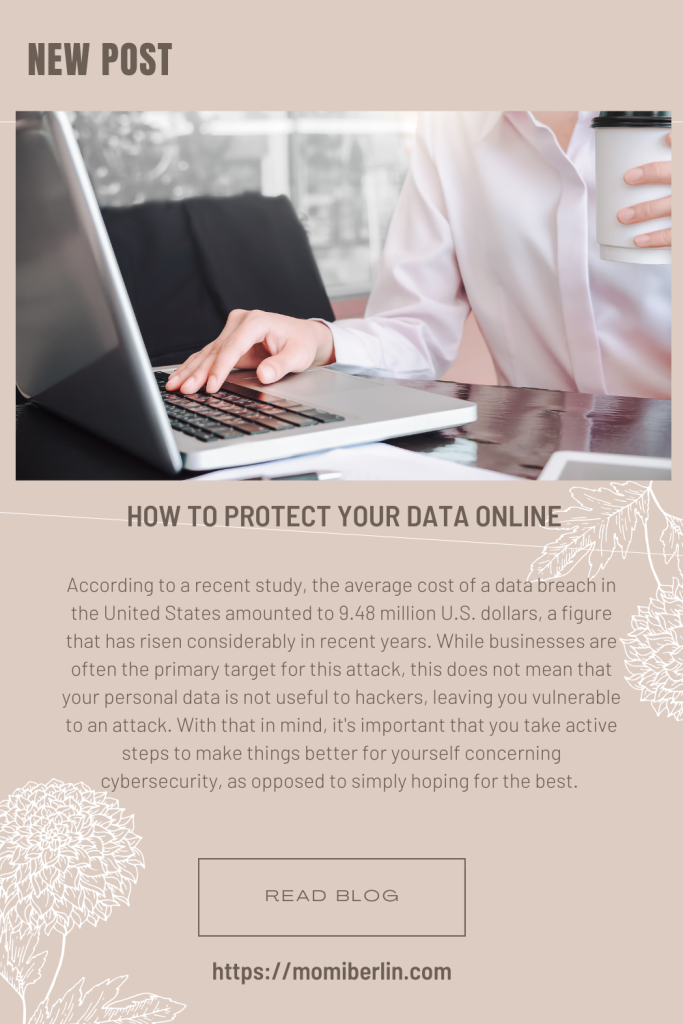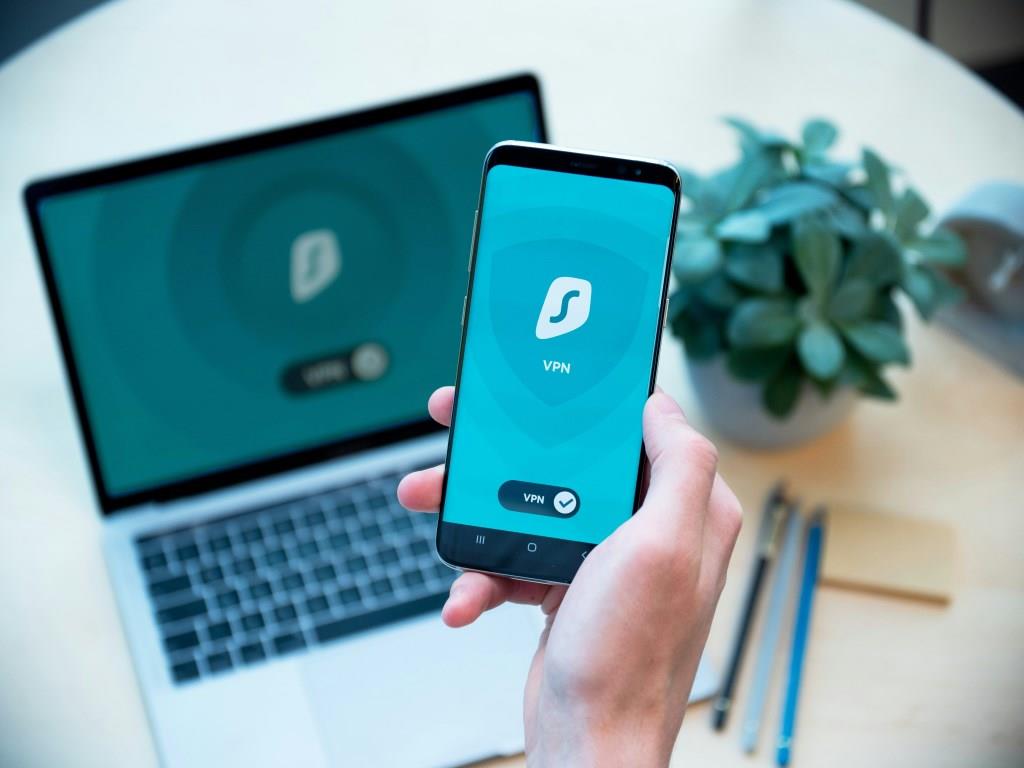Protect your data online
According to a recent study, the average cost of a data breach in the United States amounted to 9.48 million U.S. dollars, a figure that has risen considerably in recent years. While businesses are often the primary target for this attack, this does not mean that your personal data is not useful to hackers, leaving you vulnerable to an attack.

Not only could this mean that your personal, private information is shared online, but it could also lead to a significant financial loss, which sets you back on your path to financial freedom. This can be particularly troubling whether you are trying to grow your savings account or show up for your family.
With that in mind, you must take active steps to make things better for yourself concerning cybersecurity, as opposed to simply hoping for the best.
Use A VPN
A VPN (Virtual Private Network) helps to keep your data secure when browsing online by encrypting your data and hiding your IP address. This should give you greater peace of mind when browsing online, whether you’re carrying out work on behalf of your business or doing a spot of online shopping. After all, it means that your data remains secure throughout each transaction. When finding the perfect VPN, you need to consider your geographical location, as certain restrictions could apply depending on where you are based. For example, you can find out how to use vpn in uae here.

Stop using the same password over and over again
While the logic behind using the same password across multiple accounts is understandable, given that it reduces the chances of you forgetting your password and losing access to your account, this could leave you incredibly vulnerable to a cyberattack. After all, if a hacker gains access to one account through an insecure password, this essentially gives them access to numerous accounts. As such, you should ensure that each of your passwords are as unique and varied as possible. If children are accessing your computer, keep track of their passwords and online activity. This can also help you to prevent cyberbullying.
Be aware of phishing scams
While there are many different cybersecurity attacks that you could fall victim to, one of the most prominent scams in 2024 is phishing scams. For example, a recent study found that 3.4 billion phishing emails are sent by cybercriminals every single day, often purporting to be from trusted senders and encouraging recipients to send over private information. Being aware of this is your best form of protection, as it means that you are less likely to fall victim to this kind of scam. The common signs of a phishing scam include:
- Inconsistent tone, or a tone that does not quite match the brand/person they are pretending to impersonate. For example, you may receive an email from a “bank” that is overly conversational.
- Spelling and grammatical errors.
- Unusual or non-official email addresses or links to non-official websites. For example, you may notice that the company name is misspelt in their email address, which indicates that the sender is not who they say they are.
- Attachments are flagged as suspicious by your email browser.
- They are requesting private information to be shared in informal networks or without good reason.












0 Comments